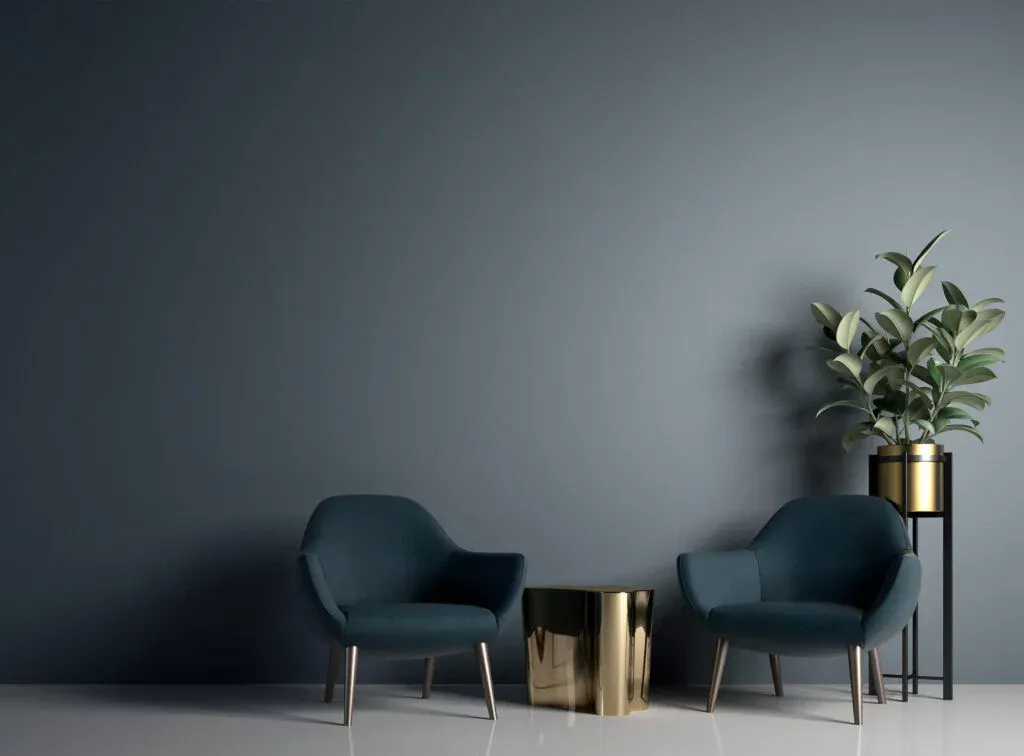Exploring the Benefits and Applications of PVC and SPC Flooring Solutions for Modern Interiors
Understanding PVC and SPC Flooring A Comprehensive Guide
In the world of modern flooring solutions, two popular options have emerged PVC (Polyvinyl Chloride) and SPC (Stone Plastic Composite) flooring. Both offer unique advantages, making them favored choices for homeowners and commercial spaces alike. This article explores each type and highlights their key features, benefits, and considerations.
What is PVC Flooring?
PVC flooring is a synthetic flooring material made from polyvinyl chloride, a type of plastic. It is commonly used in residential and commercial settings due to its versatility, durability, and wide range of design options. PVC flooring comes in several forms, including sheets, tiles, and luxury vinyl planks (LVP).
Key Features of PVC Flooring 1. Water Resistance PVC flooring is highly resistant to moisture, making it an ideal choice for areas prone to spills, such as kitchens and bathrooms. 2. Durability PVC flooring is known for its resilience against wear and tear. It can withstand heavy foot traffic and is less likely to scratch or dent compared to traditional hardwood. 3. Variety of Designs Available in a plethora of designs, colors, and textures, PVC flooring can mimic the appearance of natural materials like wood and stone. 4. Easy Installation Generally, PVC flooring installs easily, often requiring just interlocking planks or adhesive.
What is SPC Flooring?
SPC flooring, short for Stone Plastic Composite, is a specific type of rigid luxury vinyl flooring. It combines a limestone core with PVC, which provides the durability and aesthetic appeal characteristic of vinyl flooring while adding the strength of stone.
pvc spc flooring

Key Features of SPC Flooring 1. Unmatched Stability The stone core of SPC flooring makes it impervious to temperature fluctuations and humidity. This stability prevents warping, making it suitable for climate-variable areas. 2. Sound Absorption SPC flooring often includes an added underlayment that enhances sound insulation, making it quieter underfoot compared to other flooring options. 3. Eco-Friendly Options Many SPC flooring products are made from recycled materials, contributing to a more sustainable flooring choice in today’s eco-conscious market. 4. Easy Maintenance Like PVC, SPC flooring is easy to clean and maintain, requiring minimal effort to keep it looking new.
Comparing PVC and SPC Flooring
Both PVC and SPC flooring are excellent choices, but they cater to different needs and preferences. PVC flooring is generally softer and more pliable, which can make it feel more comfortable underfoot. It’s an excellent option for families with children due to its wide array of design options and ease of use.
On the other hand, SPC flooring stands out for its durability and resilience. Its rigid core offers better dimensional stability, making it suitable for high-traffic commercial spaces, including retail stores and office buildings. Additionally, SPC flooring is often thicker than traditional PVC, which adds to its noise reduction qualities.
Conclusion
When choosing between PVC and SPC flooring, consider factors such as the specific environment where the flooring will be installed, your design preferences, and budget considerations. Both options provide ample durability and aesthetic appeal, ensuring that no matter which you choose, you will be investing in a high-quality flooring solution. Ultimately, understanding the nuances of each type can help you make an informed decision to transform your space beautifully and functionally.
-
Waterproof Advantages of SPC Flooring Vinyl in KitchensAug.06,2025
-
SPC Hybrid Waterproof Flooring Thickness GuideAug.06,2025
-
Leveling Subfloor Before My Floor SPC InstallAug.06,2025
-
How Mesh Deck Skirting Improves Outdoor Pest ControlAug.06,2025
-
Choosing the Right Commercial Flooring for Your Business NeedsAug.06,2025
-
Choosing the Best Residential Flooring: A Comprehensive Guide to Style, Durability, and ComfortAug.06,2025




